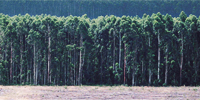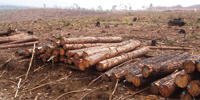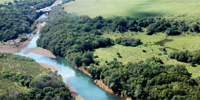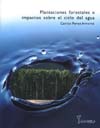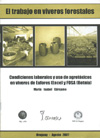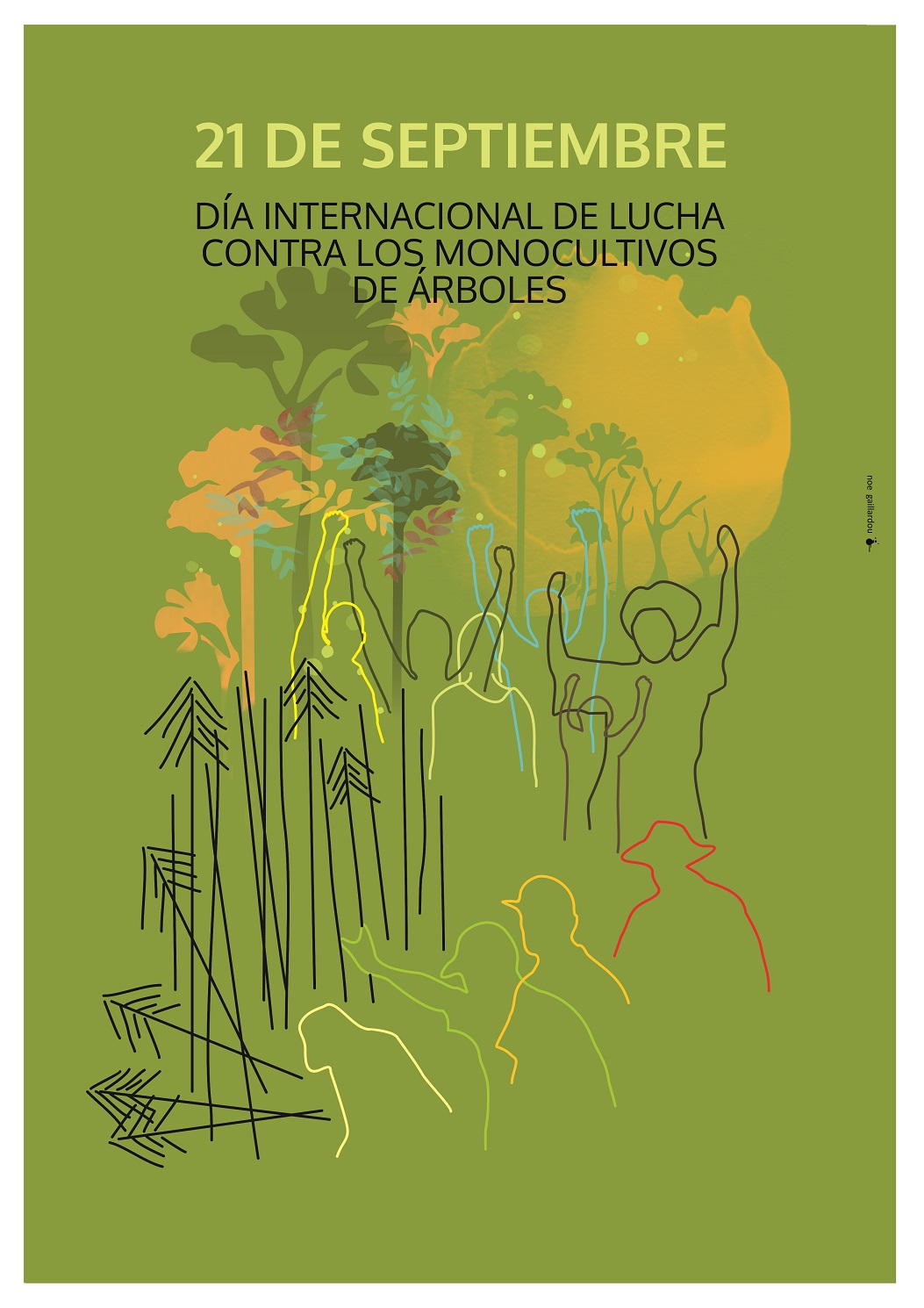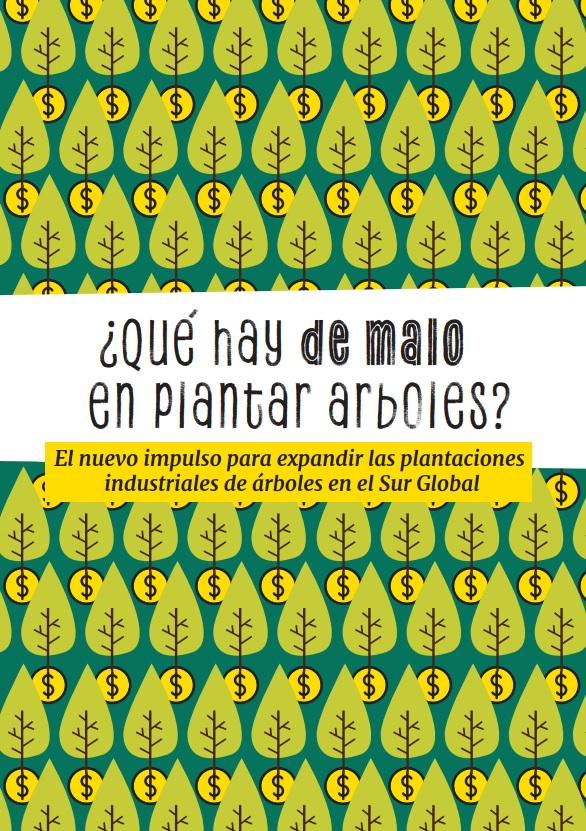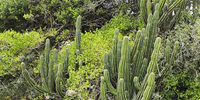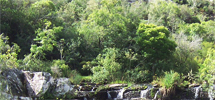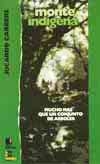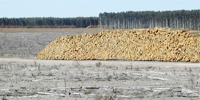It is almost certain that the Finnish public know little or nothing about Uruguayan history and on how this history relates to the current Metsa Botnia pulp mill project in this country. It is therefore important to explain that a military dictatorship ruled Uruguay from 1973 to 1984. During that period the military violated every possible human right and torture was common practice during those years. Thousands of Uruguayans –men and women- were tortured and imprisoned; scores of people were killed and “disappeared” and thousands had to live in exile during that period. A similar military dictatorship ruthlessly governed Argentina during those same years.
For Uruguayans and Argentinians the military are still a symbol of widespread human rights violations. In Uruguay, many of the officers that in those years were in charge of torture, killings and disappearances are today’s colonels and generals. The Finnish public needs to know that a few days ago, the forces they command have been ordered to protect the building site of Metsa Botnia’s pulp mill and that this is severely affecting the image of Finland itself.
This situation has not happened by chance. The need for police –first- and military protection –later- is the result of this Finnish company’s tactics, that have alienated neighbouring communities, particularly in Argentina. Instead of trying to build bridges of understanding, the company has consistently refused to accept the need to convince and has instead tried to impose itself. It refused to halt the building work when requested to do so by the Uruguayan President himself to facilitate negotiations with neighbouring Argentina. It has had a number of confrontations with workers and trade unions, which have been exacerbated with its decision to bring in hundreds of workers from Eastern Europe and other foreign countries. The company’s exaggerations regarding the level of pollution and smell from a pulp mill doubling the size of those it operates in Finland have resulted in a total loss in credibility about the company’s seriousness.
The result is that Metsa Botnia is now also responsible for the militarization of the region and for having created a dangerous situation of confrontation with the powerful sister Republic of Argentina. Instead of bringing development to the country, it has brought in internal divisions and external problems. The open support it is receiving from the Finnish government blurs the distinction between the company and the country and whatever the former does will impact on the latter.
The Finnish people should demand explanations from their government, because the image of the country itself is at stake. A country that until recently had a positive perception is now being increasingly questioned in both Uruguay and Argentina. The fact that the Uruguayan government needs to back a Finnish investment with military personnel says clearly that both the company and Finland are in big trouble. When military presence becomes necessary it means that much has gone wrong. Much more could go wrong if by any chance the soldiers receive order to shoot at people. Something smells rotten in the state of Metsa Botnia and it’s not –yet- the smell of pulp production.
Press communiqué of the Uruguayan Guayubira Group, December 12, 2006.
(Update: On Monday 18th, the government announced that, following the request of Botnia, it ordered the withdrawal of the military troops deployed to survey the construction site of the company’s pulp mill in Fray Bentos. Botnia, responsible for the militarization, now argues that “the tense, worrying and insecure conditions diminished substantially”. It remains rather unclear to which conditions is the company referring, since the bordering Argentinian communities still maintain the blockade of the bi-national bridges, as well as the difficulties for a proper dialogue between the governments of both sides of the river persist. Why has Botnia changed its mind? Maybe the militarization’s denounce has damaged the international image that the company wants to give? On the other hand, the decision brought relief to the Ministry of Defence which admitted that “such a display of force means a significant effort for the Uruguayan Army”. However, it warned that the troops might be deployed again in case it is necessary.)

